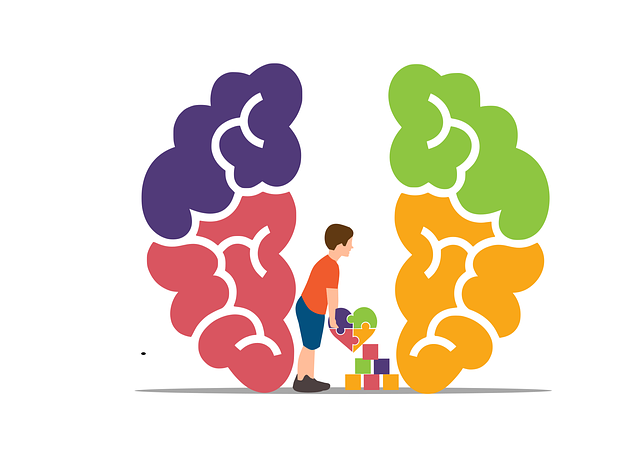Mental health policies are key to supporting Lone Tree communities, addressing overlooked issues like relationship problems and burnout. By promoting access to therapy, emotional intelligence, and holistic mental health approaches, these policies empower residents to navigate challenges. Mental health advocacy groups push for policies breaking down barriers and reducing stigma, ensuring equal access to care for individuals with Lone Tree Relationship Issues. Effective strategies include risk management planning, open dialogue encouragement, and proactive healing activities. Policy analysis and advocacy drive positive change in therapy services, increasing availability and quality for the benefit of the entire community.
Mental health policy analysis and advocacy play a pivotal role in shaping communities, particularly in addressing Lone Tree relationship issues and enhancing access to therapy. This article delves into three critical aspects: understanding mental health policy and its community impact, exploring the power of advocacy in improving care access for relationship problems, and outlining effective strategies for policy analysis driving positive change in therapy availability. By examining these components, we aim to equip stakeholders with insights to foster healthier Lone Tree communities.
- Understanding Mental Health Policy and its Impact on Lone Tree Communities
- The Role of Advocacy in Shaping Mental Health Care Access for Relationship Issues
- Effective Strategies for Policy Analysis to Drive Positive Change in Therapy Availability
Understanding Mental Health Policy and its Impact on Lone Tree Communities

Mental health policies are pivotal in shaping the well-being and resilience of Lone Tree communities, addressing issues that often go unnoticed in the bustling fabric of daily life. These policies influence access to therapy and support systems, factors crucial for managing emotional intelligence and cultivating a healthy mind. In this context, Lone Tree residents face unique challenges, from relationship issues to burnout prevention, all of which can be mitigated with effective policy interventions.
Understanding the intricate relationship between mental health policies and community dynamics is essential. By promoting self-awareness exercises and emphasizing emotional intelligence, these policies can empower individuals to navigate their struggles more effectively. Addressing mental health holistically, beyond therapy sessions, is a game-changer for Lone Tree, fostering an environment where residents are equipped to thrive, even in the face of stress and adversity.
The Role of Advocacy in Shaping Mental Health Care Access for Relationship Issues

Advocacy plays a pivotal role in shaping access to mental health care, especially when addressing relationship issues prevalent in today’s society. Mental health advocates act as powerful catalysts for change, raising awareness and pushing for policies that ensure individuals facing Lone Tree Relationship Issues have equal opportunities to seek therapy and support. These efforts are crucial in breaking down barriers and reducing the stigma surrounding mental wellness.
Effective advocacy initiatives can drive the implementation of strategies like risk management planning for mental health professionals, fostering a safer environment for clients to open up about their struggles. Additionally, promoting confidence-boosting activities and providing guidance on mental wellness journaling exercises can empower individuals to take proactive steps towards healing. By combining direct service provision with policy analysis and advocacy, we can create a more inclusive and supportive ecosystem for those navigating relationship challenges.
Effective Strategies for Policy Analysis to Drive Positive Change in Therapy Availability

Effective policy analysis is a powerful tool to advocate for and drive positive change in mental health services, particularly when it comes to increasing access to therapy, such as Lone Tree Relationship Issues Therapy. By systematically examining existing policies and their impact on therapy availability, advocates can identify gaps and areas for improvement. This process involves gathering data, conducting research, and analyzing the effectiveness of current programs and initiatives.
One strategic approach is to promote and support Healthcare Provider Cultural Competency Training, which ensures that mental health professionals are equipped to handle diverse client populations. Additionally, championing Mental Wellness Coaching Programs Development can expand access to affordable and accessible therapy options. Incorporating Mind Over Matter Principles in policy discussions can also empower individuals to take charge of their mental wellness, fostering a community-driven approach to improving overall therapy availability and quality.
Mental health policy analysis and advocacy play a pivotal role in addressing Lone Tree relationship issues therapy. By understanding the impact of policies on local communities, advocating for improved access to mental health care, and employing strategic policy analysis techniques, we can drive positive change in therapy availability. These efforts are crucial for ensuring that individuals in Lone Tree have access to the support they need to navigate relationship challenges effectively.













